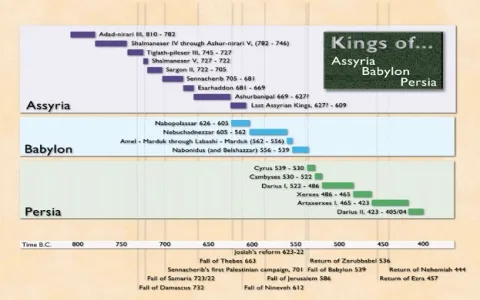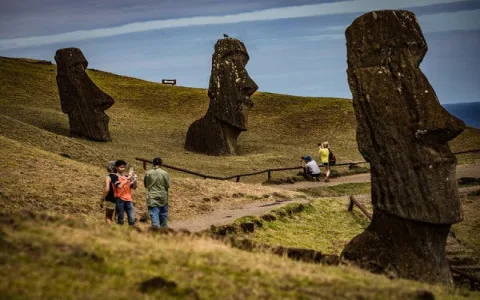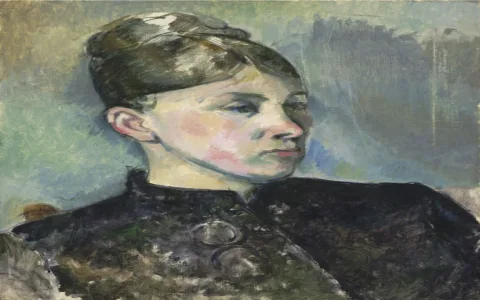Starting My Slavic Mythology Quest
Okay, so I wanted to get into Slavic mythology. You know, those cool creatures like Leshy or Baba Yaga I keep hearing bits about. Figured just browsing random stuff online wasn’t cutting it. Needed a real plan.
First thing I did was hit the obvious places: basic websites and my phone’s encyclopedia app. Typed in “Slavic monsters” and… wow. What a mess. Found a bunch of weird art, short sentences saying things like “The Domovoi lives in your house,” and tons of info that felt like it was copied from video games or something. Got headache.
Problem was clear: Everything was scattered bits and pieces, zero depth. How did anyone actually learn this properly?
Digging Deeper, Hitting Walls
Decided maybe books were the answer. Went down to the local shop. Asked the clerk about it. Big mistake. They pointed me to the Greek and Norse sections! Nothing really for Slavic stuff that wasn’t for kids.

Fired up the laptop again. Tried searching differently this time: looked for old books, academic sites. Found some university websites talking about it, but man! The jargon! Words longer than a Russian winter night, and sentences that felt like decoding spells. Realized a lot was written in old Slavic languages or needed knowing local traditions across like, fifteen countries now. Too much.
- Frustration Level: Rising fast.
- Key Issue: Reliable info either super simple or buried deep.
Stumbling Onto a Better Path
Almost gave up. Seriously. Then I remembered hearing about those old stories being told differently depending on where you were in Eastern Europe. Different woods, different spirits, right? So maybe geography was the key?
Tried filtering my searches by specific regions. Like searching “Polish forest spirits” instead of just “Slavic.” Bam! Suddenly stuff felt more focused. Found dedicated pages just for Polish Latawce or Czech Polednice. Started checking public library catalogs specifically for works translated from Czech, Russian, Polish authors talking about their own legends.
What clicked was finally realizing:
- Don’t search “Slavic mythology” broadly. Big trap.
- Pick a country, even just one at first.
- Find sources FROM that place, translated if needed.
- Focus on the local names of creatures, the specific forests or rivers they came from.
The lightbulb moment? Slavic myths weren’t one big neat storybook like Greek myths. They were hundreds of local tales, all kind of cousins, changing with every village. Finding the Vytyáas was easier once I stopped searching mythical Slavic bogeymen and looked specifically for Lithuanian bog spirits.
How It Actually Works
Here’s what my real journey looks like now:
- Pick ONE country: Say, Ukraine this week.
- Google like this: “Ukrainian folk creatures OR myths” + “sources” OR “translations”. Avoid commercial sites.
- Check university sites: Look for Folklore or Slavic Studies departments. Might need patience to read.
- Find ONE reliable source: Like an actual book translation listed. Get it.
- Note the LOCAL names & places: Forget “Water Spirit,” find Mavka (Ukrainian) and where she hangs out.
- Cross-check lightly: See if other nearby regions have similar creatures (like Rusalka in Russia), but note the differences.
It’s not fast. It means reading chunks of text and making little notes about where each spirit lives and what people there believed it did. Much slower than just clicking a “Top 10 Creatures” list, but finally, stuff feels real. I’m actually learning details, not just pictures.
Why This Method Wins
Tried the easy way first? Total waste of time. Felt like chasing ghosts. Learning this stuff needs starting small and local. Forget the big Slavic umbrella – go village by village, country by country in your research. The stories only make sense when you understand that this Leshy belonged to THAT specific forest, for THOSE people. Saves you from mixing up all the tales and getting confused why different sites say opposite things about the same creature name!
Anyone else feeling lost on Slavic myths? Seriously, pick one spot on the map and dig deep. Works way better.










